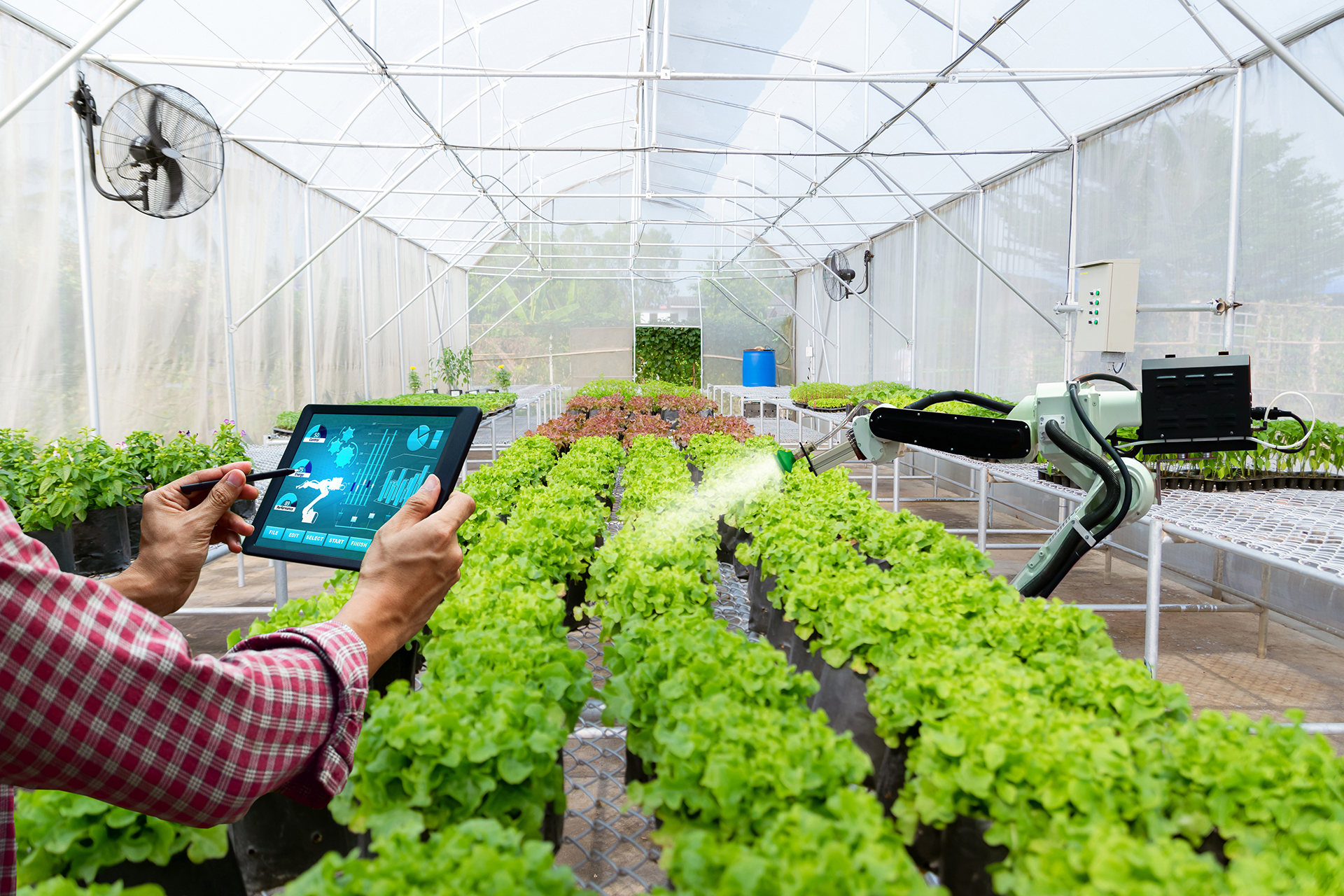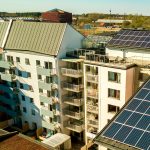(Estimated reading time: 5 minutes) – Audio version of article available.
The “green economy’s” ability to regenerate is so clear to all now that, in recent months, talk in Europe of a “Green Deal” and recovery has become a bit of a mantra. The green and digital transition is now one of the great springboards for economic reactivation in the region, and one of the pillars of “Next Generation,” the temporary tool for recovery created by the European Union with financial capacity of 750 billion euros (European Council, July 2020).
The green economy includes many different sectors. It requires the creation of new companies, synergies, alliances, etc. As such, it also requires new professional profiles, from technicians to specialists. In fact, technological innovation and the environmental variable now form an inseparable pair. In addition to providing great solutions to seriously snowballing problems, such as drought in our fields or poor air quality in cities, this pair creates wealth and jobs. Public-private collaboration trends are on an upward swing in this process.
With large urban hubs, technologies like Artificial Intelligence, Big Data and IoT (the Internet of Things) mean that it is possible to manage even the smallest details in cities, more efficiently and sustainably: water, electricity, waste, etc. These are “Smart Cities.”
Applications that citizens can download to their mobile to check pollution levels, or more developments in air quality measurement detectors, are also a good example of how technology can help us to make better decisions. One example is the new interactive map provided by the Ministry for an Ecological Transition and the Demographic Challenge (Air Quality Index) to see the 506 measuring stations all throughout Spain in real time.
In general, the use of Artificial Intelligence, applied to solutions to fight climate change, has multiplied our opportunities to push back against it. When applied to the energy sector, AI and data analysis reduce household consumption and increase energy efficiency through virtual mobile voice and chatbot assistants. This has two immediate positive effects: in the business world, organisations are more competitive because they save more on bills, and globally, it amps up global warming mitigation, because less CO2 is emitted when less energy is consumed.
Research is also being conducted on how to apply Artificial Intelligence to reduce energy consumption while driving bus fleets, or how to increase savings in energy and other resources in the industry. The FUDIPO project has proven how effective automatic learning is in improving the quality of production processes, after implementing it in five real-scale case studies (European Commission, 2020).
What’s more, a business opportunity has arisen in this sector, leading to new employment niches. One example of all this is also the Climadjust project, which just launched a Spanish company specialised in Big Data. It provides local-scale climate projections to design the best adaptation and mitigation strategies. This project received 230,000 euros in funding from the European Space Agency’s Copernicus Climate Change Service.
The same thing is happening in our fields. The role of companies who believe in applying innovation and technology to the environment is playing a decisive role in improving sustainability conditions for agriculture (MAPA). This sector is especially suffering from the impact of climate change, which accounts for almost 70% of Spain’s water consumption (PWC, 2018). This is why it is important to apply technology in order to achieve greater efficiency in irrigation techniques.
We must remember that, in 2018, the sector used 3.7% more irrigation water than in 2016 (INE, 2020). Smart irrigation solutions achieve great energy efficiency and huge savings. One example is the Spanish company Brioagro’s monitoring system, recipient of the World Investment Forum’s Business Angels 2020 award, which provides agriculturalists 24-hour, real-time relevant information to manage smart sprinkler and drip irrigation system installations, as well as other operations related to fertilisers and power consumption (Brioagro, 2020).
In this regard, photovoltaic pumping is also being used. With the European project “MASLOWATEN,” a consortium of universities, companies and end-user representatives, and the Polytechnic University of Madrid, have developed a high-power photovoltaic irrigation system that saves 30% in water and between 60% and 80% in energy costs. Indeed, the patents created through the project were licensed for 22 SMEs (UPM, 2020).
As stated by the President of the European Commission Ursula Von der Leyen, in her State of the Union speech at the European Parliament plenary session (EC, September 2020) while referring to the double ecological and digital transition and to the “Next Generation EU,” the idea is to build a “A world served by an economy that cuts emissions, boosts competitiveness, reduces energy poverty, creates rewarding jobs and improves quality of life.” The future clearly revolves around digital technology’s huge potential at the service of a more ecological society, a greener economy, and a healthier planet.




